Key Takeaways
1. The Enlightenment: A philosophical movement redefining human progress
The Enlightenment was from the beginning associated with 'philosophy', as that term was variously construed in the 18th century.
Origins and definition. The Enlightenment emerged in 18th-century Europe as an intellectual movement characterized by distinctive ideas and a commitment to engaging with a wider public. It sought to understand humanity's place in the world and improve the human condition on earth. The movement was closely associated with 'philosophy,' but this term had varied meanings in the 18th century.
Key concepts. Enlightenment thinkers focused on:
- Reason and rational inquiry
- Progress and the betterment of society
- Secularization and religious tolerance
- Natural rights and individual liberty
- The power of education and knowledge dissemination
The Enlightenment's impact extended beyond its immediate historical context, influencing political thought, scientific inquiry, and social reform well into the modern era.
2. Engaging with religion: From critique to historical understanding
Certainly, philosophers and historians who identified with Enlightenment were hostile to clerical pretension, intolerance, and doctrinal obscurantism, to superstition and enthusiasm. A few, like Hume, went further, exposing the incoherence of religious truth claims and arguing that Christian moral precepts contradicted the values needed for sociable living.
Nuanced approach. Contrary to popular belief, the Enlightenment's engagement with religion was not uniformly hostile. While critical of religious intolerance and superstition, many Enlightenment thinkers sought a deeper understanding of religion's historical and social roles.
Key developments:
- Historical inquiry into the nature of religion
- Arguments for religious toleration
- Reflection on the relationship between sacred and civil spheres
Enlightenment thinkers like Edward Gibbon approached religion with a new historical perspective, seeking to understand its development and impact on society. This approach contributed to the long-term process of secularization, not through outright attack on religion, but through skeptical, historical inquiry focused on religion's earthly manifestations.
3. The quest for sociability: Moral philosophy's central challenge
Hume allowed that men and women possess some natural abilities and virtues, including a limited benevolence towards those with whom we are connected by family and friendship. These are qualities which are immediately useful and agreeable to those affected.
Natural sociability debated. A central question for Enlightenment moral philosophers was whether humans are naturally sociable or if sociability is acquired. This debate shaped discussions on the foundations of society and morality.
Key thinkers and their contributions:
- Thomas Hobbes: Argued for natural unsociability
- John Locke: Proposed a natural law obligation to seek others' good
- David Hume: Emphasized sympathy and artificial virtues
- Adam Smith: Developed the concept of the impartial spectator
These philosophers grappled with understanding how societies form and function, laying the groundwork for modern social sciences and political theory.
4. Bettering the human condition: The core of Enlightenment thought
What was not now disputed, however, was the transformative power of commerce, and the human industry it released.
Progress as central theme. The Enlightenment's core focus was on improving the human condition in this world, rather than preparing for the next. This led to a new understanding of progress and the development of societies.
Key aspects of this focus:
- Stadial theory of social development
- Interest in the origins of language and civilization
- Attention to the role of women in society
- Development of political economy
Thinkers like Adam Smith argued that commerce and industry could lead to material betterment for all, even while acknowledging potential moral costs. This optimistic view of progress became a defining feature of Enlightenment thought.
5. Political economy: The new science of society and commerce
Smith's Wealth of Nations, of course, did not settle the argument for ever: there was plenty of dissent among economists in the final decades of the 18th century, let alone in the century to come.
New approach to economics. Political economy emerged as a key discourse of the Enlightenment, offering a scientific approach to understanding commerce and society. It became the new universal science of society, replacing natural jurisprudence.
Key developments:
- Focus on agriculture as foundation of national economy (French physiocrats)
- Emphasis on commerce and division of labor (Scottish Enlightenment)
- Recognition of economic limits to national politics
- Debates on free trade vs. protectionism
Adam Smith's "Wealth of Nations" was a landmark in this field, but it did not end debates. Political economy continued to evolve, shaping discussions on national development and international relations.
6. Enlightening the public: The rise of the 'public sphere'
By its end, early in the 19th century, certain intellectual preoccupations remained, to be sure, but the political context and the political agenda had been transformed.
New spaces for discourse. The Enlightenment saw the emergence of a 'public sphere' independent of church, court, and government. This facilitated the spread of ideas and shaped new forms of sociability.
Key elements of the public sphere:
- Coffee houses and salons
- Expansion of print culture
- Rise of journals and literary societies
- Growth of literacy
These developments allowed Enlightenment thinkers to engage with a wider public, shaping 'public opinion' as a new political force. However, the French Revolution would dramatically alter this landscape, leading to new questions about democracy and popular sovereignty.
7. The French Revolution: Enlightenment's unexpected conclusion
Revolution, in other words, was the revenge of political agency upon the impersonal, gradual process of change envisaged by the Enlightenment concept of the 'progress of society'.
Rupture, not continuity. While often seen as the culmination of Enlightenment ideas, the French Revolution represented a break from the gradual, reasoned change envisioned by most Enlightenment thinkers.
Key points:
- Revolution as direct political action, not guided public opinion
- Transformation of Enlightenment concepts in revolutionary context
- Emergence of new political questions about democracy and sovereignty
The Revolution swept away the intellectual and social context in which Enlightenment ideas had developed, marking the end of the 18th-century movement while setting the stage for new political debates.
8. Contested legacy: Philosophers' critiques and historians' defenses
The willingness of historians to stand up for the Enlightenment has been a salutary counterweight to the persistent criticism of the philosophers.
Ongoing debate. The Enlightenment's legacy has been contested since the 18th century, with philosophers often critical and historians generally supportive.
Key aspects of the debate:
- Philosophical critiques: Questioning rationalism and universalism
- Historical defenses: Emphasizing Enlightenment's role in shaping modernity
- Calls for nuanced understanding: Recognizing Enlightenment's complexity and ambiguities
Rather than seeking direct relevance, modern scholars might benefit from understanding how Enlightenment thinkers formulated and addressed problems in terms different from our own. This historical perspective can enrich our thinking about progress and human betterment in the face of contemporary challenges.
Last updated:
Review Summary
The Enlightenment: A Very Short Introduction receives mixed reviews. Some praise its comprehensive overview and depth, while others find it dense and difficult to follow. Readers appreciate Robertson's exploration of key Enlightenment themes, including religion, politics, and public discourse. The book is commended for its nuanced approach, distinguishing between historical and philosophical perspectives. Critics note its academic tone may be challenging for beginners. Overall, it's viewed as informative but potentially overwhelming for those seeking an accessible introduction to the Enlightenment.
Very Short Introductions Series Series

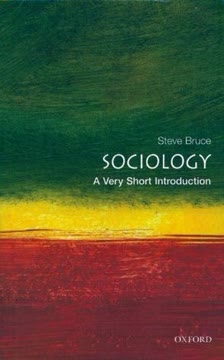

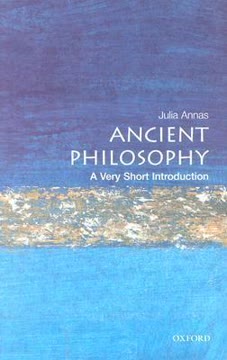



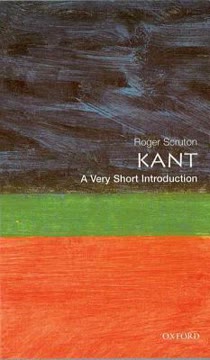

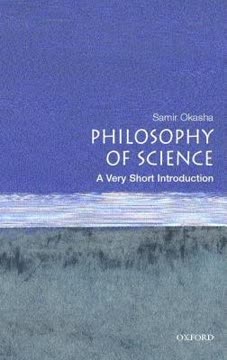
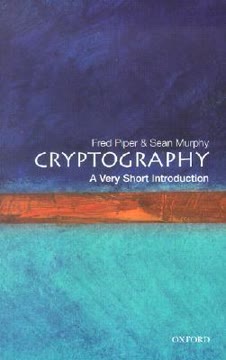
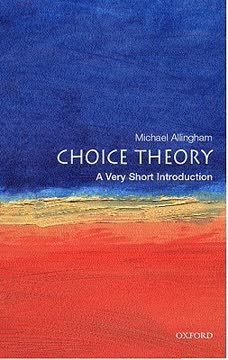
Download PDF
Download EPUB
.epub digital book format is ideal for reading ebooks on phones, tablets, and e-readers.




